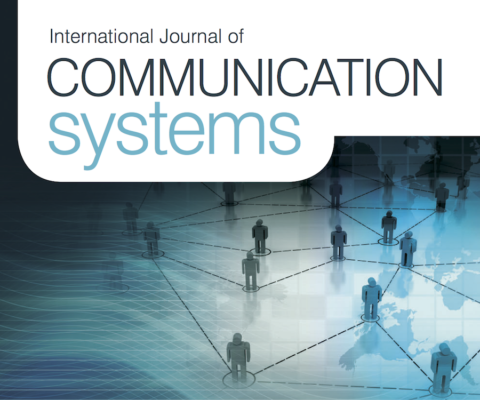The security of a wireless sensor network is greatly increased with increasing levels of trustworthiness of nodes on the network. There are a number of trust models proposed that use various trust evaluation methods. The paper categorises trust evaluation methods …
Can Machines Think? Alan Turing asked himself the same question over six decades ago in his famous article entitled “Computing machinery and intelligence” (1950). His answer was to come up with what is today known as the Turing test, although in his day he …
All students must login before they can have access to the courses they have been assigned. Click here to access your assigned courses.
Connected Devices (CoDe) Lab is inviting qualified applicants for summer internship opportunities in the lab. The major areas available this summer is wireless sensor network design and security, and biomedical signal processing. Details of the available project with accompanying requisite …
Paper Abstract Sensor nodes once deployed onto the field are mostly provided with little or no attention making them prone to physical attacks by adversaries. Various security frameworks have been proposed to mitigate tampering; others also ensure authentication of sensor …
Recently, when researchers at the University of Rochester (USA) finally succeeded in developing a totally secure encryption device based on quantum rules, they presented it as the “Quantum Enigma†in honour of the rotor cipher machines used to encode Nazi …
On September 9, 1947, the Mark II computer at Harvard University (USA) broke down. Upon inspection, engineers diagnosed the cause – a moth had entered the machine, perhaps attracted by the light and heat, and had shorted out relay number …
Affective computing is the study and development of systems and devices that can recognize, interpret, process, and simulate human affects. It is an interdisciplinary field spanning computer science, psychology, and cognitive science. While the origins of the field may be …
The rapid evolution of the IoT market has caused an explosion in the number and variety of IoT solutions. Additionally, large amounts of funding are being deployed at IoT startups. Consequently, the focus of the industry has been on manufacturing …
The starting gun has already fired in the race for the development of the autonomous car. Running full speed down the track are the big technology companies (Google, Uber or Apple) and the automobile companies (Tesla, Mercedes or General Motors). …










